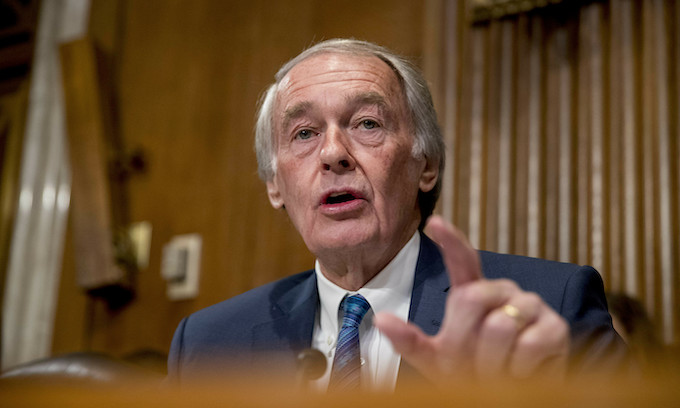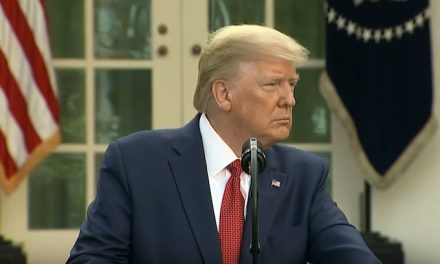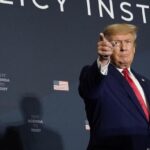The Chinese government is apparently not pleased with Sen. Ed Markey’s weekend decision to visit Taiwan and has restarted military operations around the island as a result.
“China will take resolute and strong measures to defend national sovereignty and territorial integrity,” Chinese Foreign Ministry spokesperson Wang Wenbin said Monday.
He added: “A handful of U.S. politicians, in collusion with the separatist forces of Taiwan independence, are trying to challenge the one-China principle, which is out of their depth and doomed to failure.”
Tensions in the area have been at an all-time high in recent months, a situation made more severe after House Speaker Nancy Pelosi announced she would visit the nation of 26 million earlier in August.
Beijing claims the Maryland-sized pacific island nation is their territory.
U.S. lawmakers, led by Markey, who is Chairman of the Senate Foreign Relations East Asia, Pacific, and International Cybersecurity Subcommittee, met with Taiwan’s President Tsai Ing-wen and Foreign Minister Joseph Wu, according to Markey’s office.
“In Taiwan, Senator Markey and members of the delegation will reaffirm the United States’ support for Taiwan as guided by the Taiwan Relations Act, U.S.-China Joint Communiques, and the Six Assurances and encourage stability and peace across the Taiwan Strait,” his office said in a release.
The American “visit at this time is of great significance, because the Chinese military exercise is (intended) to deter U.S. congressmen from visiting Taiwan,” Lo Chih-cheng, the chair of the Taiwan legislature’s Foreign and National Defense Committee said after Markey’s visit.
The Department of Defense on Friday expressed its concern about lawmakers visiting Taiwan.
“The PRC used the visit of a U.S. Speaker of the House — a visit that is consistent with our One China policy and is not unprecedented — as a pretext to launch an intensified pressure campaign against Taiwan and to try to change the status quo, jeopardizing peace and stability across the Taiwan Strait and in the broader region,” Kurt Campbell, deputy assistant to the President and coordinator for the Indo-Pacific, said to reporters Friday.
“The international community has made clear that it has an interest in that peace and stability, and the United States will do our part to preserve it. This is not about bilateral U.S.-China dynamics; it’s a question of what’s in the best interests of the region and what’s in the best interest of the international community,” he said.
The Department of Defense ordered the nuclear-powered Nimitz-class aircraft supercarrier U.S.S. Ronald Reagan to stay in Taiwan for the time being, Campbell said.
Experts have worried the Chinese government would use Russian Pres. Vladimir Putin’s unlawful invasion of Ukraine as a pretext for expanding into Taiwan, which the communist regime has left to govern itself since 1949.
The Taiwanese government has strategically positioned itself to be a vital resource in the world’s electronics manufacturing industry, producing upwards of 60% of semiconductor chips used globally.
The recently signed CHIPS act is a direct response to China’s threats against the world’s semiconductor production capacity.
“The group will meet with elected leaders and members of the private sector to discuss shared interests including reducing tensions in the Taiwan Strait and expanding economic cooperation, including investments in semiconductors,” Markey’s office said ahead of his visit.
Herald wire services contributed to this report.
©2022 MediaNews Group, Inc. Visit at bostonherald.com. Distributed by Tribune Content Agency, LLC.
—-
This content is published through a licensing agreement with Acquire Media using its NewsEdge technology.



















ALl no thanks to spineless biden.